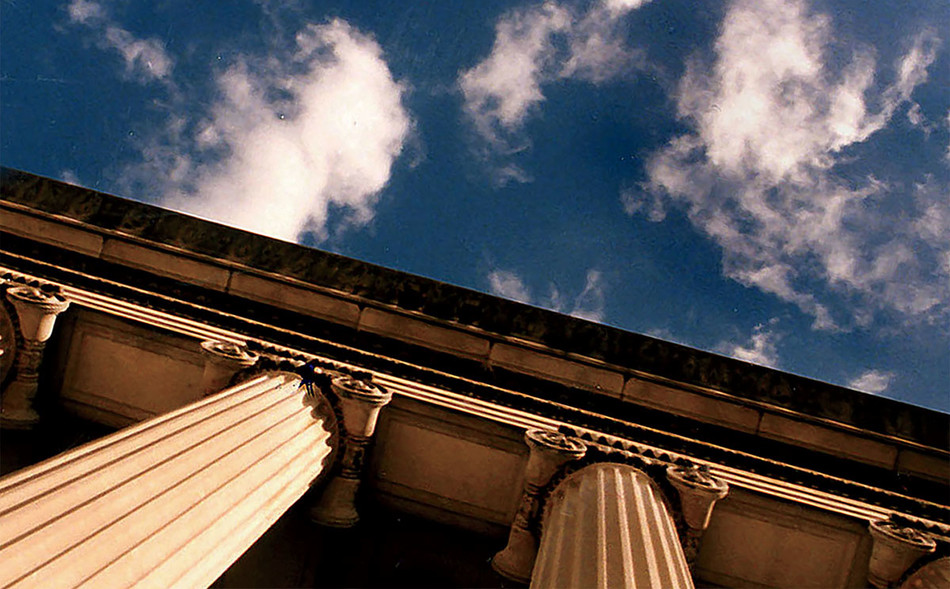This past fall, the Middle East exploded in a fresh cycle of violence that shocked the global community. In the US, public outrage over the Hamas terror attacks on Israel and the Israeli bombardment and blockade of the Gaza Strip reverberated on college campuses. Passions ran high, rhetoric was charged, and Jewish and Muslim students alike reported harassment and intimidation.
At Columbia, President Minouche Shafik reached out to students, faculty, and staff to express her heartbreak at the human toll of the conflict, assuring community members that their safety and security were paramount. In response to scattered incidents, including the assault of an Israeli student who was posting a flyer about Israeli hostages and the “doxxing” of students who had participated in a pro-Palestinian rally (doxxing is the malicious public exposure of someone’s identifying information), the administration announced the creation of an antisemitism task force and an anti-doxxing resource group. In addition, an online resource hub was set up to support the well-being and safety of students, staff, and faculty, and to underscore the University policies on behavior and conduct.
The crisis has opened up questions about the role of universities in managing intergroup strife caused by social and political upheavals. This is perhaps nowhere more the case than at Columbia, which has long had one of the most permissive speech policies in the country. This was evident even during President Shafik’s inauguration on Low Plaza on October 4, when several groups of protesters on College Walk chanted throughout the ceremony. Addressing President Shafik, one of the guest speakers, New York City first deputy mayor Sheena Wright ’90CC, ’94LAW remarked, “You will not have a Columbia welcome without protest — it would not be authentic. So get used to it.”
Days later, when the president was faced with one of the biggest challenges to campus comity in generations, she affirmed that the University’s liberal speech tradition was a critical value. “Debate, advocacy, and protest are essential ways for students to address and process political and social turmoil, and we are duty-bound to ensure they can gather and express themselves,” she wrote to the Columbia community.
Students did express themselves. And amid the noise and the controversies — the protests and counterprotests, the student-group suspensions, the claims and counterclaims — many difficult, frank, and painful conversations were taking place. There was a sense that the University, even in its turmoil — especially in its turmoil — was fulfilling its role as a living laboratory for the clash of ideas, interests, and perspectives.
Since she took office on July 1, President Shafik has upheld the idea of the University as an institution that is set up to teach students how to think, not what to think. Her priority, she says, is to provide a secure and respectful environment that fosters teaching, learning, and understanding. Unlike a political organization or an advocacy group, Columbia aims to open minds to “different points of view” and to “create space for our scholars and students to fill with their own moral and intellectual conversations.”
This, President Shafik maintains, is an essential function of the academy.
This article appears in the Winter 2023-34 print edition of Columbia Magazine with the title "Safety, Speech, and Community."



